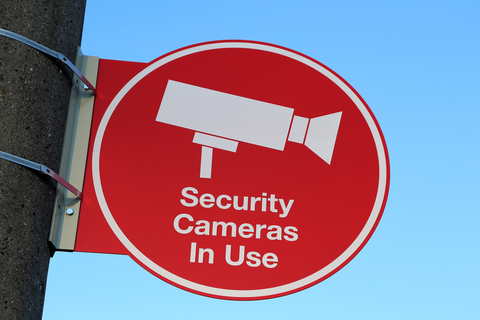Security in schools is comprised of three strategies; namely prevention, intervention, and crisis response. Under the prevention, one has to set up measures to avert any harm to the school and its occupants. It involves making the staff aware of what to look out for in terms of suspicious activities and doubtful individuals.
The school should also put measures to control the inflow of people by signing in everyone who enters the campus and to ensure that all entries are monitored. Intervention includes measures that can identify and correct small incidents before they escalate to big situations. Examples include setting up a fire assembly point and ensuring everyone is aware of its location. It can be confirmed by conducting fire drills and by setting up a security reporting system where people can report in case of any incident.
Crisis response is important. The students and staff need to be trained on what to do in case of a fire, a robbery, or an attack.
Below are the various issues affecting school security and possible solutions.
Do not wait for an incident!
Sometimes an incident occurs before people take security seriously. Immediately after an incident, Schools generally become more alert and start screening visitors. After a while laxity sets in and they forget how bad a security breach can be. Schools should always be on their guard to avert any incident or minimise the impact if one does occur.
What to look out for?
The price for School crisis management is always more expensive than if preventive measures had been put in place. People may feel school security planning is wasting time, but when a crisis occurs then there will be much less pressure and potential damage if measures for dealing with it are in place. It is not enough to have security personnel manning the school; they need up to date training to stay ahead of the perpetrators.
Enhance awareness
The students and staff should be encouraged to report any suspicious activity. They should be trained in issues such as:
- What exactly makes a person suspicious?
- Where to report it?
- How to behave so they can handle the reporting process.
The school could set up a hotline so people who give information can remain anonymous. Many people are afraid of making a mistake or over reacting, and thus they would rather keep quiet.
Create Conducive environment
When all students feel as if they belong in the school, they can communicate their feelings to others calmly in case of a problem or a misunderstanding. There have been instances of students who decide to take revenge, and this has led to serious damage.
Improve School access control
Learning institutions can be planned in such a way that the main entrance is visible to the administration. In addition, security cameras should be installed to record any suspicious events that may go unnoticed.
Electronic access control using swipe cards, allows for greater monitoring of the entry and exit of staff.
School security personnel should ensure that everyone that comes in is screened adequately and then issued a pass. Visitors should be restricted to certain times of the day and security staff maintain details of all visitors.
Focus on emergency training
Apart from having fire drills, the scope of drills should be spread to include bombings, violence, and any other form of sabotage. Lay down procedures and practise them so people know what to do in the event of an incident.
Ensure good communication
It is one of the most important issues. Mainstream all strategies from preventive steps, intervention steps, and crisis management. The lines of communication need to be clear, practical and understood, and well-rehearsed. Develop and regularly update policy documents identify who is responsible for what and to whom they need to communicate.
The suggestions given above address school security issues which can make every Australian school a safe place for children, staff and visitors.



